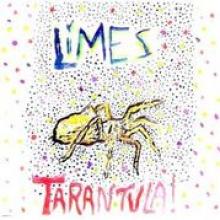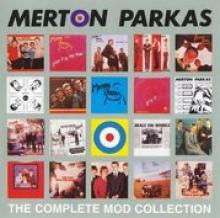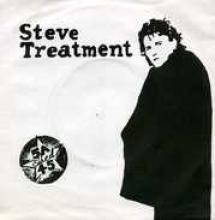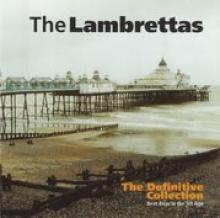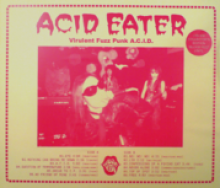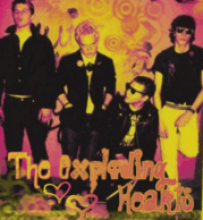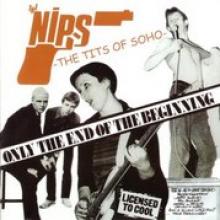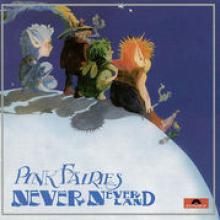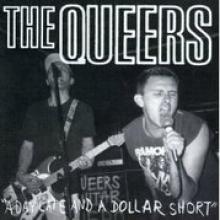Limes: A Relaxed Garage
Contrasting more recent garage acts, Limes don’t get too amped up, members take a lackadaisical approach to cranking out tunes. It isn’t lilting or testosterone free, but the music does come off sounding like something that was composed at three in the morning after drinking a bit too much, then set down to tape after another run to the liquor store a few hours later. There aren’t any grandiose proclamations here – musically or lyrically – but perhaps due to that, Limes come off as a weary local band that doesn’t care if it doesn’t end up making it outta Memphis ever.
That might well be the case – but with the enormous respect granted Goner and the scene down there, it’d be more than a bit easy to ‘make it’ if they wanted to. If nothing else, hopping on a bus with Jay Reatard coulda resulted in the sale of a few albums.
No more couldas, though. It doesn’t matter in the end if Limes gathers more than a few listeners, the music is enough. The fact that it’s been created and appreciated – by tens of people – is probably enough. Although it’s shocking to hear “Little Red Riding Hood” done at half the speed of the original, this recording of the ‘50s classic almost comes off as a love ballad as opposed to some disguised, lustful track beginning for action. Shawn Cripps’ downer vocals work in this mode coming off as a bassy Jonathan Richmond – or Lou Reed, but what’s the difference?
Who sounds like what doesn’t matter, Limes kill it. Tarantula! may have simply come out at the wrong time for it to have gained any attention. It seems like all the way back in ’05 there wasn’t the same sort of online fetishism as there is today. The once again renewed interest in garage after the early aughties gave us some pretendo bands working in that frame, but of late Thee Oh Sees and Ty Segall seem to be a part of an ever growing onslaught of twisted takes on ‘60s music. Limes probably won’t find a new life as a result of that now, but their website does feature some tracks available for download. The group asks for payment, but states that it’s on the honor system. So basically it’s free. Limes deserve the scratch, but this approach to business is probably why it’s not gonna end up on Pitchfork or Stereogum or whatever other online rag almost matters.
